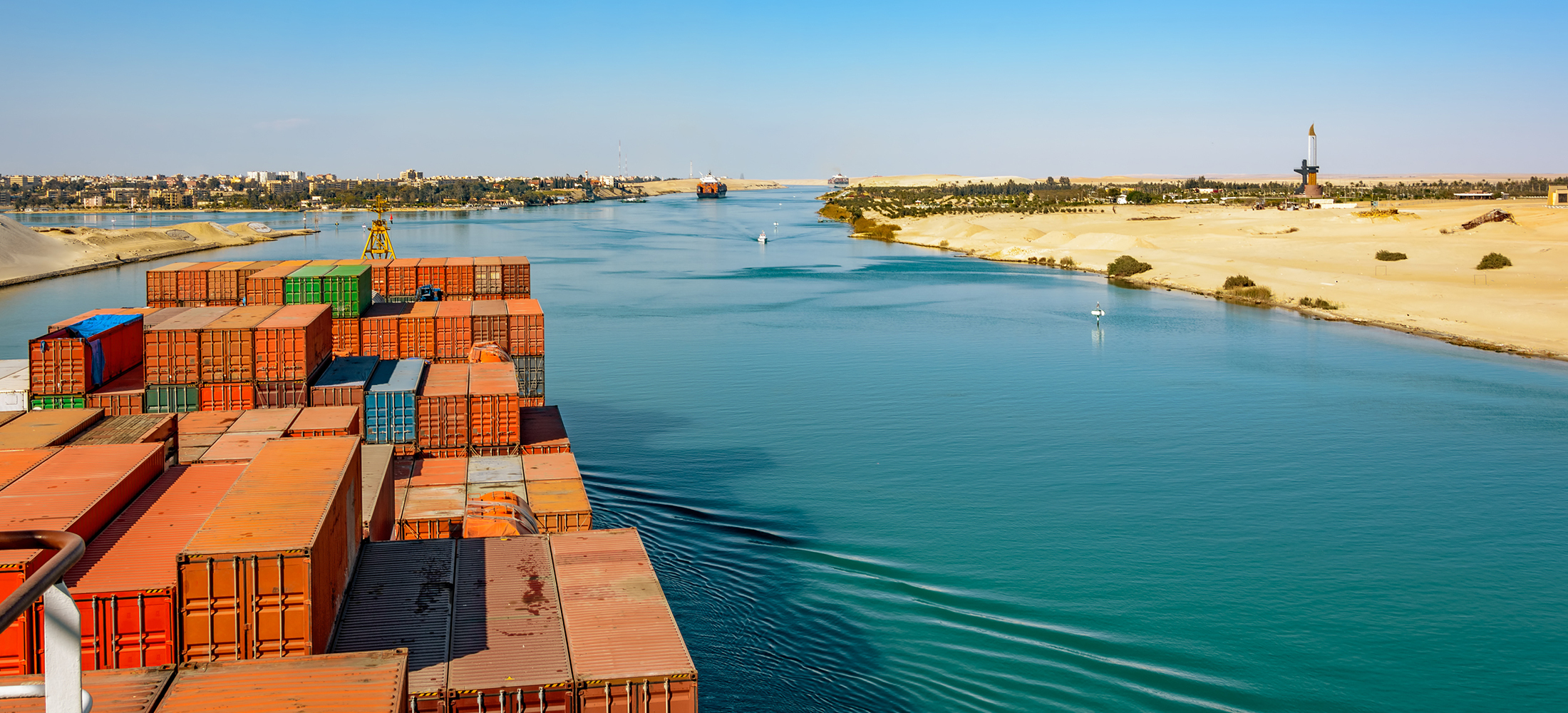In recent times, the shipping industry has faced unprecedented challenges, and one of the focal points of concern is the Red Sea region. The Red Sea crisis has emerged as a critical issue impacting global trade routes, posing challenges for shipping companies and vessel operators. Attacks by Houthi rebels in Yemen on commercial vessels have resulted in many firms deciding to avoid one of the world’s busiest shipping lanes.
The Houthi group has declared its support for Hamas and has said it is targeting ships travelling to Israel, though it is not clear if all the ships that have been attacked were actually heading to Israel.
US and UK naval forces in the Red Sea have now launched air strikes against Houthi rebel targets in Yemen in response to the attacks on shipping.
The group, which is backed by Iran, has been using drones and rockets against foreign-owned vessels transporting goods through the strait of Bab al-Mandab – a 20-mile wide channel that splits Eritrea and Djibouti on the African side and Yemen on the Arabian Peninsula. Ships usually take this route from the south to reach Egypt’s Suez Canal further north. But because of the attacks and the threat of future assaults, shipping firmshave diverted vessels away to a much longer route around Africa’s Cape of Good Hope and then up the west side of the continent.
Delays to products reaching shops can be expected, due to the Cape of Good Hope route adding about 3,500 nautical miles.
Here are some key considerations:
Risk Mitigation Strategies:
Implementing comprehensive risk mitigation strategies is essential. This includes enhanced security measures, intelligence gathering, and collaboration with regional authorities to ensure the safety of vessels and cargo.
Adaptability and Flexibility:
Given the dynamic nature of the crisis, companies must be adaptable and flexible in their operations. This may involve rerouting vessels, adjusting schedules, or diversifying routes to minimise exposure to potential risks.
Collaboration with Authorities:
Engaging with local and international authorities is critical. Establishing strong communication channels and staying informed about the latest developments can help make informed decisions and navigate regulatory changes effectively.
While the Red Sea crisis presents challenges, it also underscores the need for collaboration, innovation, and resilience within the shipping industry. By staying informed, implementing robust risk management strategies, and fostering collaboration with relevant stakeholders, we can navigate the Red Sea crisis and ensure the smooth flow of global maritime trade.
Please contact us for advise here or call 02380 860585.
To read more please go to this website to watch a short video.
Sources: BBC









